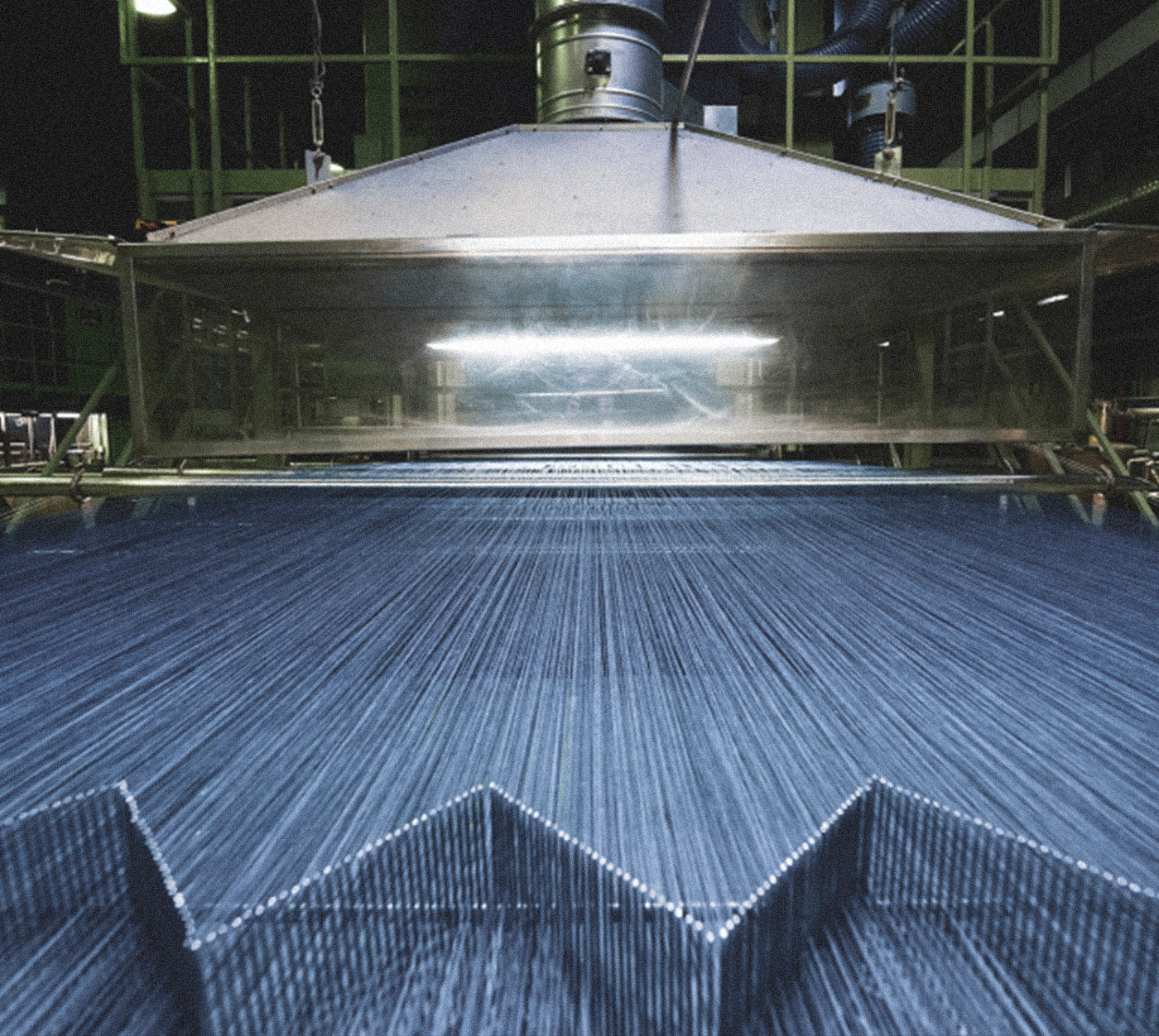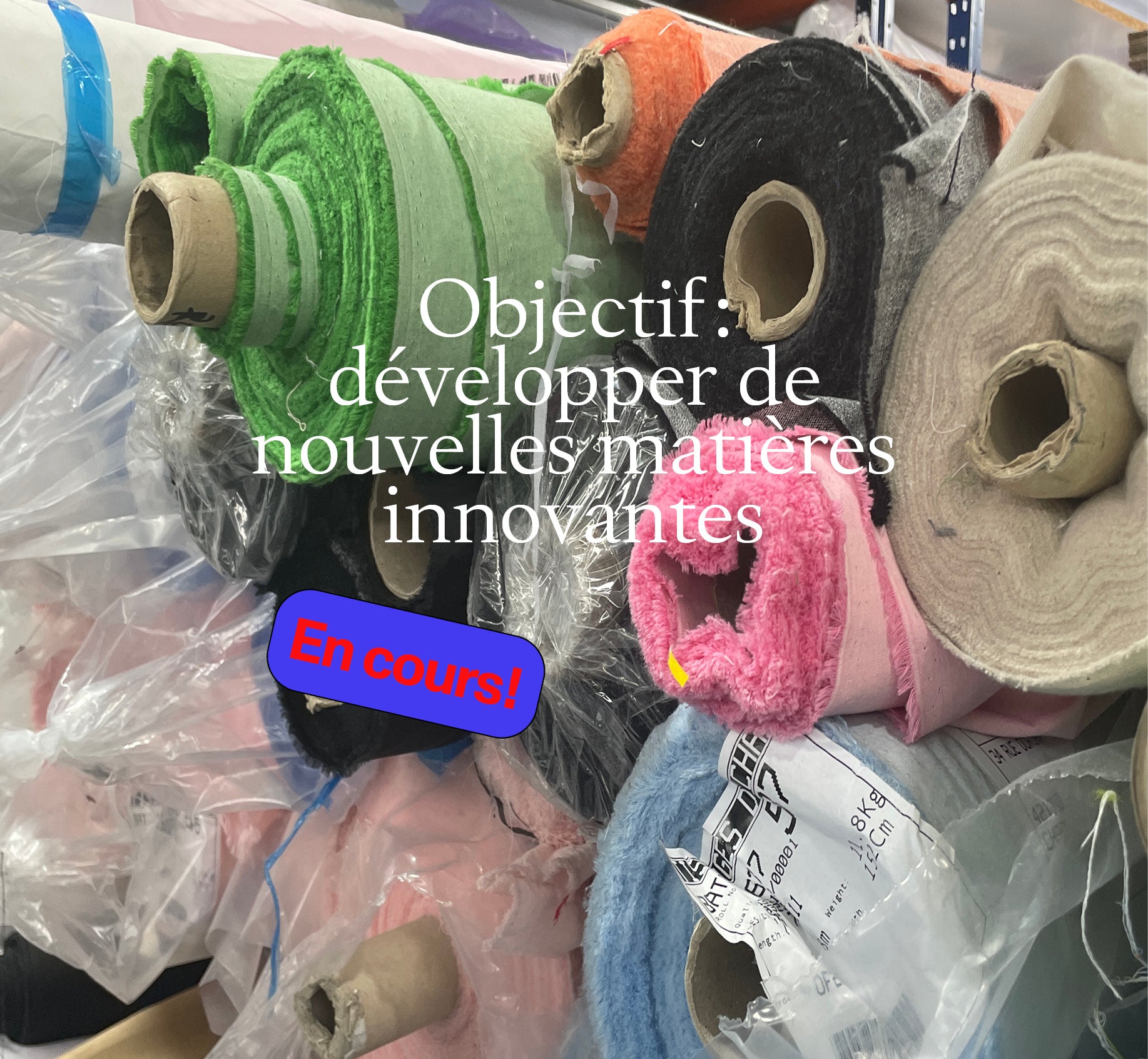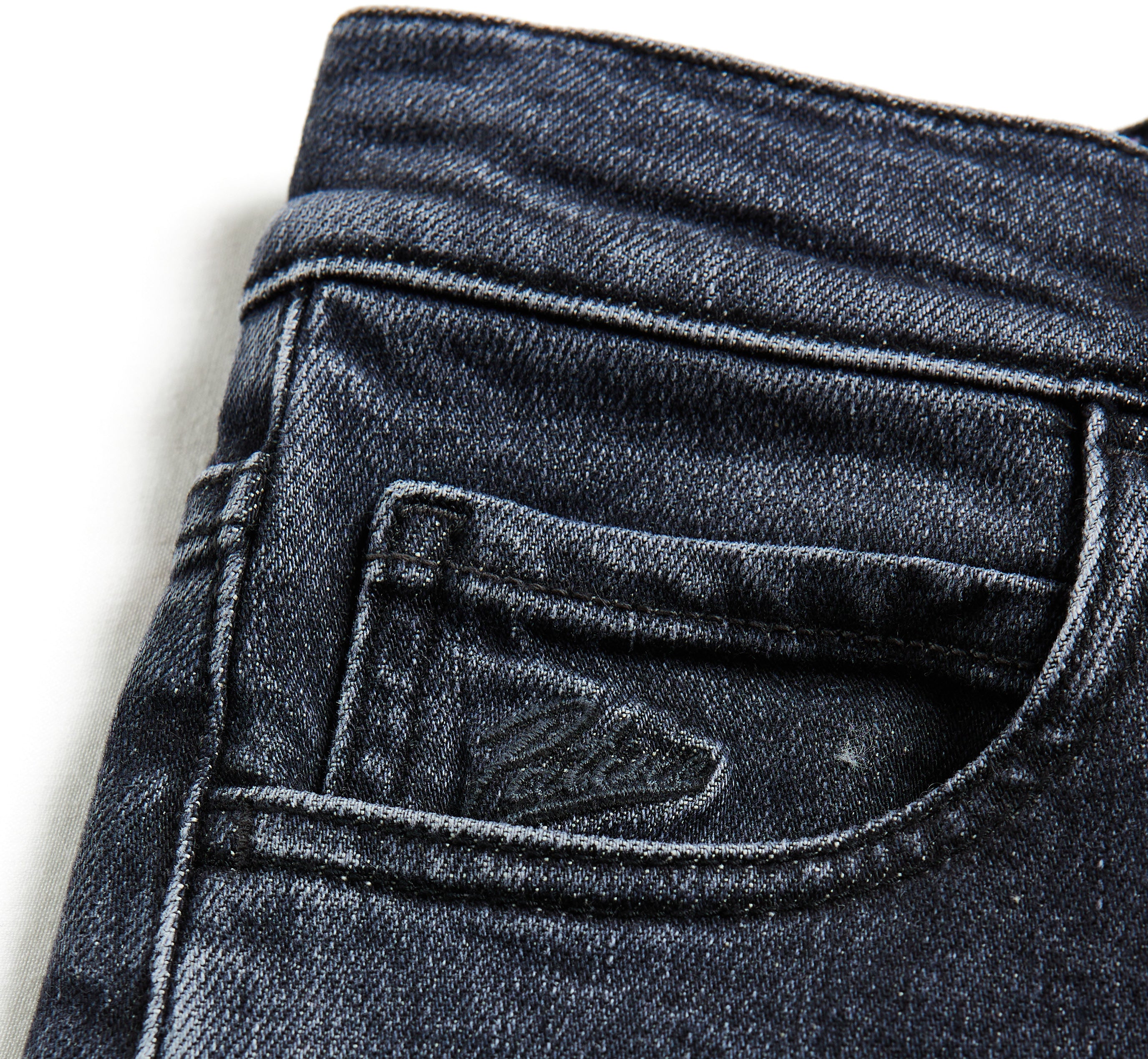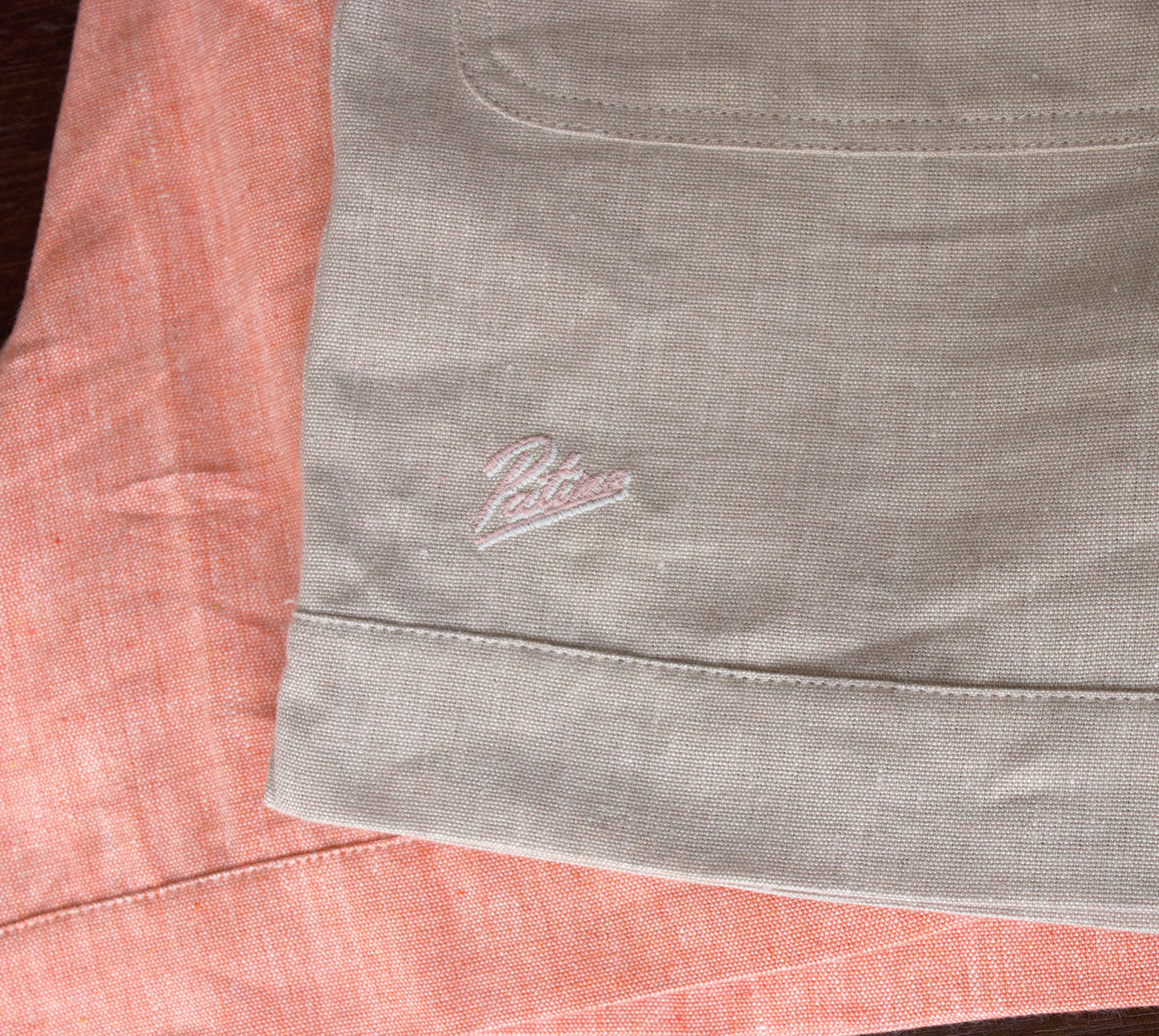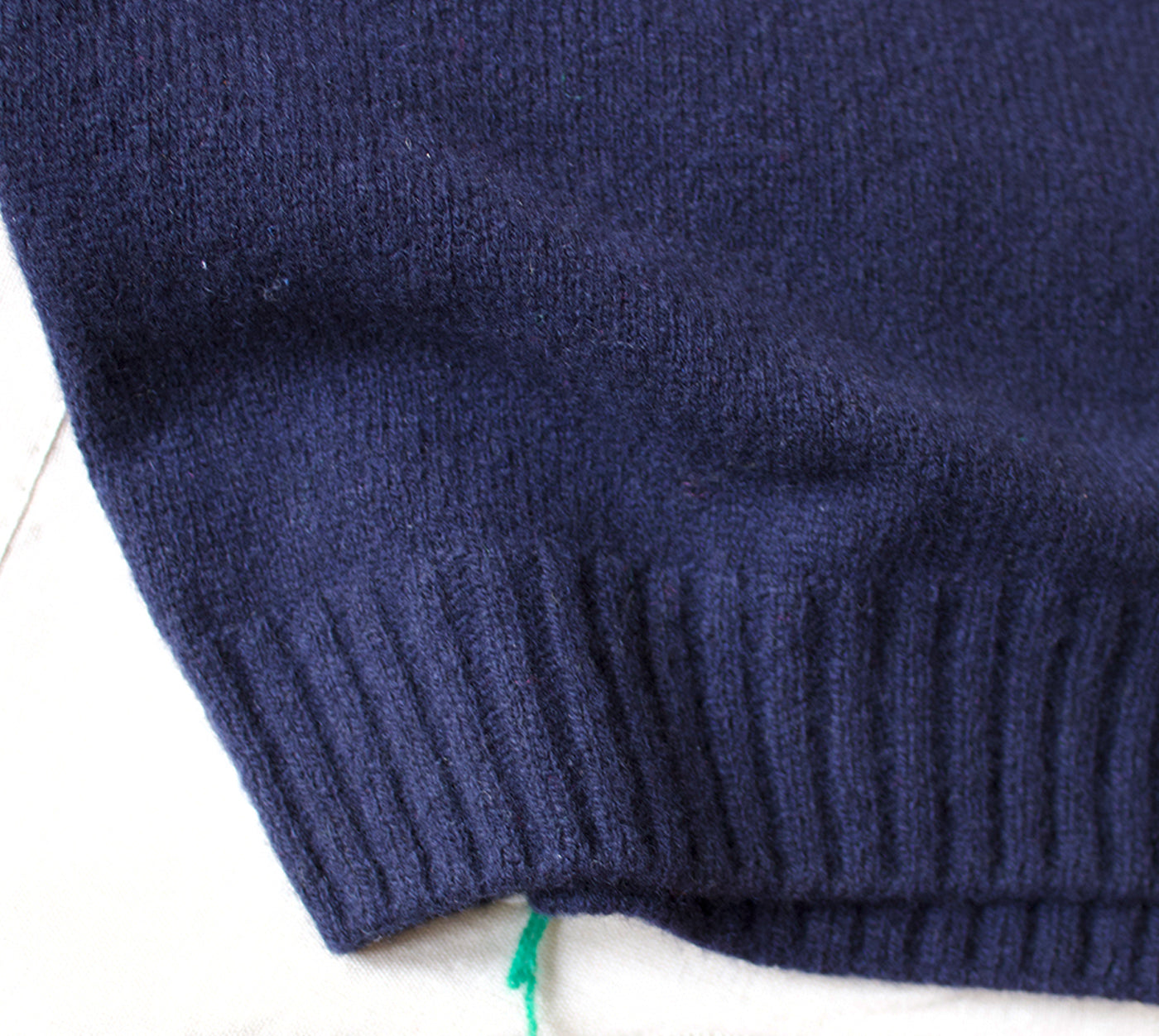Shop all
Our materials
Shop
New in
Categories
Our fabrics
COMING SOON
Upcoming launches
Future projects
Come to see us
Hello we are Patine
Welcome to the top of your drawer pile, the clothes you'll still want to wear in 2037. We're creating with you a new brand model, somewhere between the nostalgia for the carefree 80s and the utopia of a future where we'll have curbed global warming.
Inside Patine
The brand
Conscious Patine
Our Fabrics






